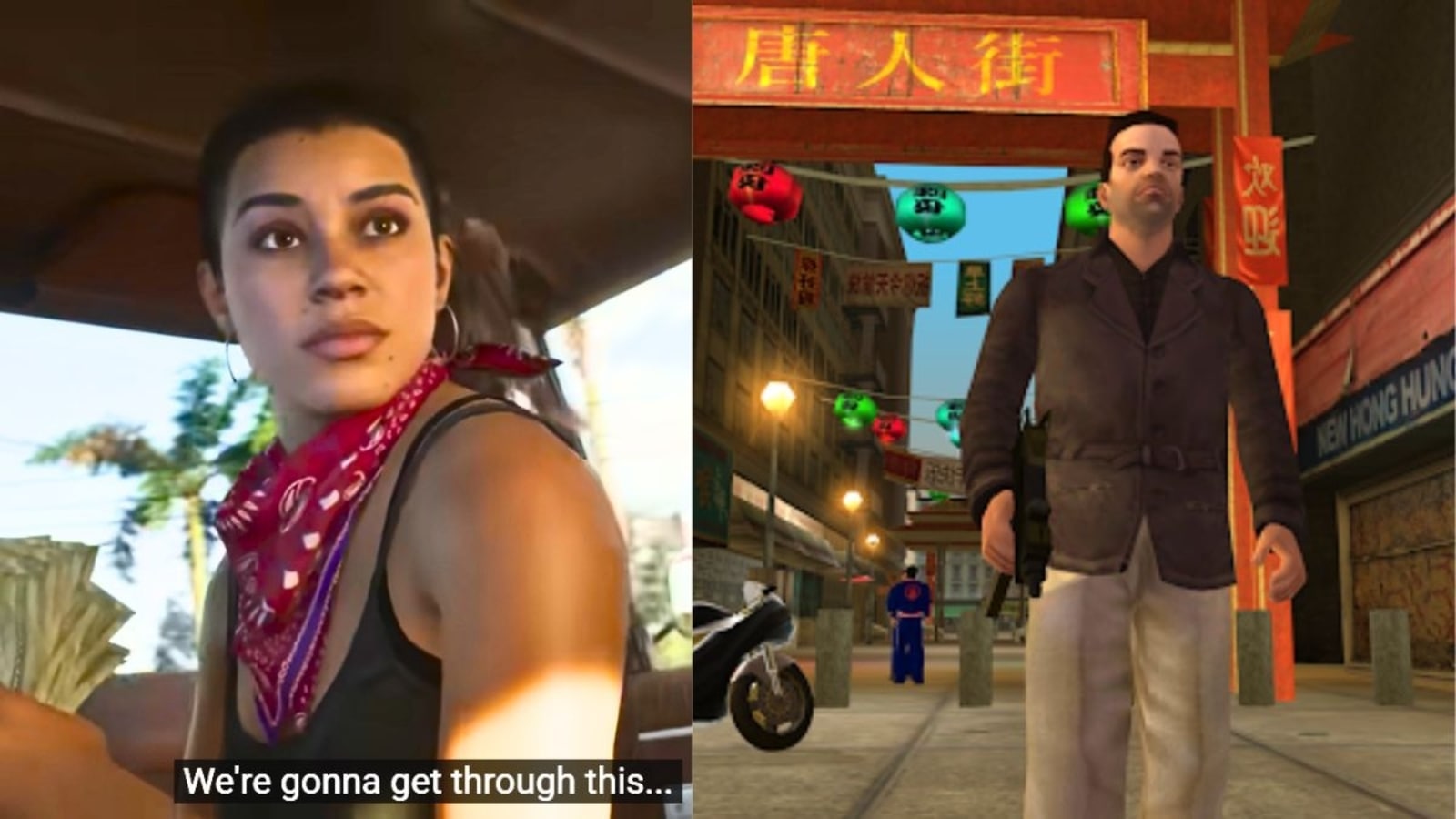Berkshire Hathaway on Saturday reported strong operating earnings, which track the actual profit that its array of businesses produce, and a record pile of cash in the first quarter, underscoring the health of the conglomerate run by Warren E. Buffett.
The results provided a positive backdrop for Berkshire’s annual shareholder meeting in downtown Omaha, the company’s hometown. It is the first such gathering for Mr. Buffett’s business empire since the death in November of Charles Munger, Mr. Buffett’s longtime business partner and alter ego, at age 99.
Saturday’s results underscore Mr. Buffett’s repeated admonition that the best way to judge Berkshire — a collection of businesses that includes a major railroad, a substantial power-generation business, insurance, consumer brands including Fruit of the Loom and more — is on operating earnings, not net income.
For the first three months of the year, Berkshire reported $12.7 billion in earnings attributable to its shareholders, down 64 percent from the same time a year ago. Driving the drop was a steep fall in the paper value of Berkshire’s vast investment portfolio though Mr. Buffett has long warned shareholders to ignore fluctuations in the company’s stock holdings.
Berkshire also disclosed that it had trimmed its huge stake in Apple, which Mr. Buffett has called one of his company’s most important holdings, by about 13 percent in the quarter. The value of its stake is now about $135.4 billion, down from $174.3 billion at the end of 2023. (Apple’s chief executive, Tim Cook, is attending the annual meeting.)
But Mr. Buffett said that he remains a big fan of Apple, suggesting that the stock sale was to take some profits off the table. “I would say that at the end of the year it would be extremely likely that Apple would be the largest common stock holding we have now,” he told shareholders on Saturday.
Looking at operating earnings, Mr. Buffett’s favored metric because it measures the tangible health of Berkshire’s business, the company reported a 40 percent gain, to $11.2 billion. That was propelled by a more than doubling of Berkshire’s core insurance underwriting business, as its Geico insurer charged higher premiums per policy and reported fewer claims, while its reinsurance division didn’t take any hits from catastrophes in this year’s first quarter.
Those gains offset weaker results in other parts of Mr. Buffett’s empire, including an 8 percent fall in net earnings at the BNSF railroad because of lower shipments of fuel versus consumer goods and lower fuel surcharge revenue.
Its Pilot Travel Centers chain of truck stops, which it acquired full control of in January, reported a 19 percent drop in net earnings, as the business saw lower margins on fuel sales and higher operating expenses.
And Berkshire disclosed that its PacifiCorp utility, which operates in the West, faces federal and state investigations and lawsuits over any role it played in wildfires in 2020 and 2022.
The earnings report was released ahead of the Berkshire meeting. Tens of thousands of Berkshire shareholders gathered at the CHI Health Center arena in the company’s hometown to watch Mr. Buffett answer questions.
Among the topics that Mr. Buffett addressed at the meeting were Berkshire’s cash pile, which he said he was happy to keep building up unless or until a potentially lucrative investment opportunity arose.
That said, he suggested in his annual letter to investors in February that a giant acquisition, the kind that helped mint his fortune, was unlikely, putting a cap on future Berkshire returns.
“We’d love to spend it, but we won’t spend it unless we think we’re doing something that has very little risk and can make us a lot of money,” Mr. Buffett said.
He added that Berkshire was prepared to pay its share of federal taxes, as he praised the United States as a place to do business. He predicted that as the federal deficit continued to grow, taxes would rise as well — and said that he was happy for Berkshire to pay more than its current rate of 21 percent.
Most notable at the meeting, however, was the absence of Mr. Munger, who for decades served as Mr. Buffett’s sounding board, co-promoter of the company and comic foil. The gathering opened with a lengthy video tribute to Mr. Munger, who was Berkshire’s vice chairman, and Mr. Buffett repeatedly praised his former business partner.
At one point during the question-and-answer session, Mr. Buffett mistakenly referred to Gregory Abel, his appointed successor as the company’s chief executive who was helping answer queries, as “Charlie.”
As Mr. Buffett caught his mistake, the audience applauded.

























